
Summary of Days 7 and 8 (February 2 and 22) of 2nd Halandri Case Trial
Due to a lack of time, our summary of the February 2 session was very brief, so we will now better explain what took place.
During the session held on Friday, February 2, prosecutor I. Liakopoulos rejected all the objections presented by the defense.
He basically defended the “increased security measures” implemented by the police and once again made it clear that “this is a prison and prison rules are in effect.” Regarding the objection involving the issue of “political crime” (the intent of the defendants and their attorneys was to make the court recognize the charges and therefore the trial itself as political), Liakopoulos argued in accordance with the official line, saying that “we only talk about a political crime in the case of a coup d’état attempt”—in other words, a crime recognized as political can only be attributed to representatives of the state machinery. Defense attorney F. Ragousis responded by reading, among other things, excerpts from the statement made by Christos Tsakalos at the prior session. Ragousis indicated that, even according to the charges, the nature of the Fire Cells Conspiracy is political, saying: “We can’t close our eyes and say that ‘this isn’t about a political crime’ when all organizations of this type are clearly political.” H. Sipsas, the secondary attorney for three of our comrades, then spoke. He criticized the judges’ attempts to speed up the proceedings and almost fix the duration of the trial in advance, and he also quoted Tsakalos, saying: “This is a court martial.” At that point, the presiding judge began to repeatedly ask Sipsas: “Have you simply adapted Tsakalos’ opinion?” The presiding judge also asked Sipsas to apologize for what he had just said, but Sipsas refused. I. Karandrea, the attorney for Damiano Bolano, then spoke, and she also criticized the judges’ attitude.
Tsakalos then spoke, saying, among other things:
This trial is certainly a court martial, we are certainly your enemies, and our attorneys certainly have our confidence, but they also certainly have their own point of view and at least want it to be heard. However, that’s apparently not happening. An objection to the “poor composition” of the tribunal was made by M. Nikolopoulos, but neither the prosecutor nor the judges considered it important or commented on it. If you aren’t listening to us, then it makes no sense for us to be here. Plus, according to what the prosecutor said, political crimes are only coups d’état and attempts to carry them out. The system thus flatters and glorifies the military. Nevertheless, the most recent version of the antiterrorist law itself makes direct reference to crimes of a political nature. Yet the courts decide that political crimes don’t exist!
Tsakalos also reminded the court that, in the past, many people were charged for the simple act of visiting or passing by a certain house (he mentioned the case of Christos Politis, who was arrested during the December 4, 2010 antiterrorist operation). Therefore, “the identity data collected from the people attending our trial will be used by the police in the future.”
Finally, Michalis Nikolopoulos also spoke. Addressing the judges, he said:
You must be more clear and openly state that identity cards are being checked in order to obtain data on people. You must openly state that you want to depoliticize the actions of a political organization. You must admit that you are a bunch of fascists and that this is a court martial being carried out in accordance with your interests.
The trial was postponed until Monday, February 13, but the lawyers’ strike prevented it from resuming on that day and it was instead postponed again until February 22.
At the beginning of the session held on Wednesday, February 22, defense attorney Sipsas submitted a statement in which his client Tsakalos explained that he wouldn’t be attending the trial because of the lawyers’ strike. The judges didn’t even read it, while Sipsas himself said that he is also participating in the lawyers’ strike—which will last until February 29—and that came to court solely and exclusively to submit Tsakalos’ statement. The prosecutor then spoke, criticizing the lawyers’ strike by saying: “It could go on until March or Easter, and it’s possible that afterward there will be elections. Other events might also take place, while time is getting shorter and shorter.” The prosecutor was obviously referring to the limit of 18 months that, according to Greek law, a defendant can spend in preventive detention without being sentenced. Then, addressing Sipsas and Kariotis (Bolano’s secondary attorney), the prosecutor called on them to obtain a letter from the Athens Bar Association that would allow them to attend the trial. Thus, he actually asked them to become strikebreakers.
Michalis Nikolopoulos then spoke, asking the prosecutor to explain what he meant by “time is getting shorter and shorter.” Nikolopoulos also made it clear that, even if the Bar Association were to authorize the defense attorneys to attend the trial, the defendants themselves would not allow it.
The prosecutor continually interrupted our comrade and at one point said: “They are going to ask for explanations as to why this trial is being delayed.” He naturally didn’t specify exactly who is “going to ask for explanations,” yet he again made it clear that he isn’t the one making the decisions.
Presiding judge H. Vriniotis also tried to persuade the defense attorneys to get permission from the Bar Association to continue to attend the trial. Nor did he fail to point out that “prisoners are prisoners,” once again nullifying the “presumption of innocence” according to which, it is assumed, democratic courts operate.
The trial was postponed until Friday, March 2.
https://thisisourjob.noblogs.org/post/2012/02/26/summary-of-days-7-and-8-february-2-and-22-of-2nd-halandri-case-trial/
Atene : Aggiornamento sul “caso halandri” (2/2 e 24/2)
A causa della mancanza di tempo, il nostro resoconto dell’udienza del 2 Febbraio era stato molto breve, cosi avremo ora più tempo per dire cos’è successo.
Durante l’udienza del 2 Febbraio, il pubblico ministero I. Liakopoulos ha rifiutato tutte le obiezioni della difesa.
Fondamentalmente ha difeso le “incrementate misure di sicurezza” implementate dalla polizia e ancora una volta ha chiarito che “questa è una prigione e in prigione le regole sono effettive”. Riguardo all’obiezione circa la questione del “crimine politico” (l’intenzione degli accusati e dei loro avvocati era di far capire alla corte che le accuse e quindi il processo sono politiche), Liakopoulos ha risposto in accordo con la linea ufficiale, dicendo che “parliamo di crimine politico solo nel tentativo di un colpo di stato” – in altre parole, un crimine viene riconosciuto come politico solo se attribuito ai rappresentanti della macchina statale. L’avvocato difensivo F. Ragousis ha risposto leggendo, tra le altre cose, estratti dalla dichiarazione di Christos Tsakalos dell’udienza precedente. Ragousis ha detto che, anche secondo le accuse, la natura della Cospirazione delle Cellule di Fuoco è politica, dicendo: “Non possiamo chiudere gli occhi e dire che questo non è un crimine politico quando tutte le organizzazioni di questo tipo sono chiaramente politiche.” H. Sipsas, secondo avvocato di tre nostri compagni, ha poi parlato. Ha criticato i tentativi dei giudici di velocizzare il processo e prefissare la sua durata, citando Tsakalos: “Questa è una corte marziale”. A quel puinto, il giudice ha iniziato a chidere a ripetizione a Sipsas: “Avete solo adattato l’opinione di Tsakalos?” Il giudice ha inoltre chiesto a Sipsas di scusarsi per cosa aveva detto, ma Sipsas si è rifiutato. I. Karandrea, avvocato di Damiano Bolano, ha poi parlato, criticando il comportamento dei giudici.
Poi ha parlato Tsakalos, dicendo, tra le altre cose:
Questo processo è di certo una corte marziale, ma di certo noi siamo vostri nemici, e i nostri avvocati di certo hanno la nostra fiducia, ma essi di certo hanno anche i loro punti di vista e almeno vanno ascoltati. Comunque, questo apparentemente non sta succedendo. Un’obiezione alla “composizione povera” della corte è stata fatta da M. Nikolopoulos, ma né l’accusa né i giudici l’hanno considerata importante o l’hanno commentata. Se non volete sentirci, allora non ha senso per noi stare qui. In più, secondo quanto detto dall’accusa, i crimini politici sono solo i colpi di stato e i tentativi di realizzarli. Il sistema adula e glorifica i militari. Nonostante ciò, la più recente versione della legge antiterrorismo fa un netto riferimento ai crimini di natura politica. E la corte decide che i crimini politici non esistono!
Tsakalos ha inoltre ricordato alla corte che, nel passato, molta gente è stata accusata per il semplice fatto di aver visitato una certa casa (ha menzionato il caso di Christos Politis, arrestato durante l’operazione antiterrorista del 4 Dicembre 2010). Inoltre, “i dati identificativi raccolti da chi viene al nostro processo saranno in futuro usati dalla polizia”.
Infine ha parlato anche Michalis Nikolopoulos. Rivolgendosi ai giudici, ha detto:
Dovete essere più chiari e dire apertamente che i documenti di identità vengono controllati per avere dati sulla gente. Dovete apertamente dire che volete depoliticizzare le azioni di un’organizzazione politica. Dovete ammettere che siete un branco di fascisti e che questa è una corte marziale fatta in accordo ai vostri interessi.
Il processo è stato poi rinviato al 13 Febbaio, ma lo sciopero degli avvocati ha comportato il rinvio al 22 Febbraio.
All’inizio dell’udienza del 22 Febbraio, l’avvocato difensivo Sipsas ha presentato una dichiarazione nella quale il suo cliente Tsakalos dice che non avrebbe presenziato a causa dello sciopero degli avvocati. I giudici neanche l’hanno letta, mentre lo stesso Sipsas ha detto che anche lui sta partecipendo allo sciopero – che durerà fino al 29 Febbraio – e che è venuto in aula solo per presentare la richiesta di Tsakalos. Poi ha parlato l’accusa, criticando lo sciopero degli avvocati: “Potrebbe continuare fino a Marzo o Pasqua, ed è possibile che dopo ci saranno le elezioni. Altri eventi potrebbero accadere, mentre il tempo si accorcia sempre di più.” L’accusa si riferiva ovviamente al limite dei 18 mesi che, secondo la legge greca, un accusato può passare in carcerazione preventiva senza essere condannato. Poi, rivolgendosi a Sipsas e Kariotis (secondo avvocato di Bolano), l’accusa gli ha chiesto di ottenere una lettera del Athens Bar Association che permetteva loro di assistere all’udienza. Poi, ha chiesto loro di diventare praticamente dei crumiri.
Poi ha parlato Michalis Nikolopoulos, chiedendo all’accusa di spiegare cosa voleva dire con “il tempo si accorcia sempre di più”. Inoltre ha chiarito che, anche se la Bar Association autorizzasse gli avvocati difensivi per presentiare alle udienze, gli accusati stessi non lo farebbero.
L’accusa ha continuamente interrotto il nostro compagno e poi ha detto: “Stanno chiedendo spiegazioni sul motivo del ritardo di questo processo.” Ovviamente non ha detto chi esattamente stia “chiedendo spiegazioni”, ancora una volta chiarendo che non è lui a prendere le decisioni.
Il giudice H. Vriniotis ha inoltre cercato di convincere gli avvocati ad avere il permesso dal Bar Association per continuare a presenziare alle udienze. Né ha rinunciatoa sottolineare che “i prigionieri sono prigionieri”, annullando ancora una volta la “presunzione d’innocenza” secondo la quale, si presume, opera la corte democratica.
Il processo è stato rinviato al 2 Marzo.
Fonte : This is our job
Traduzione : ParoleArmate
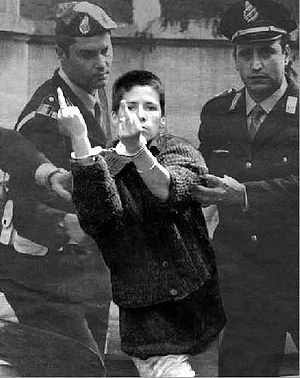

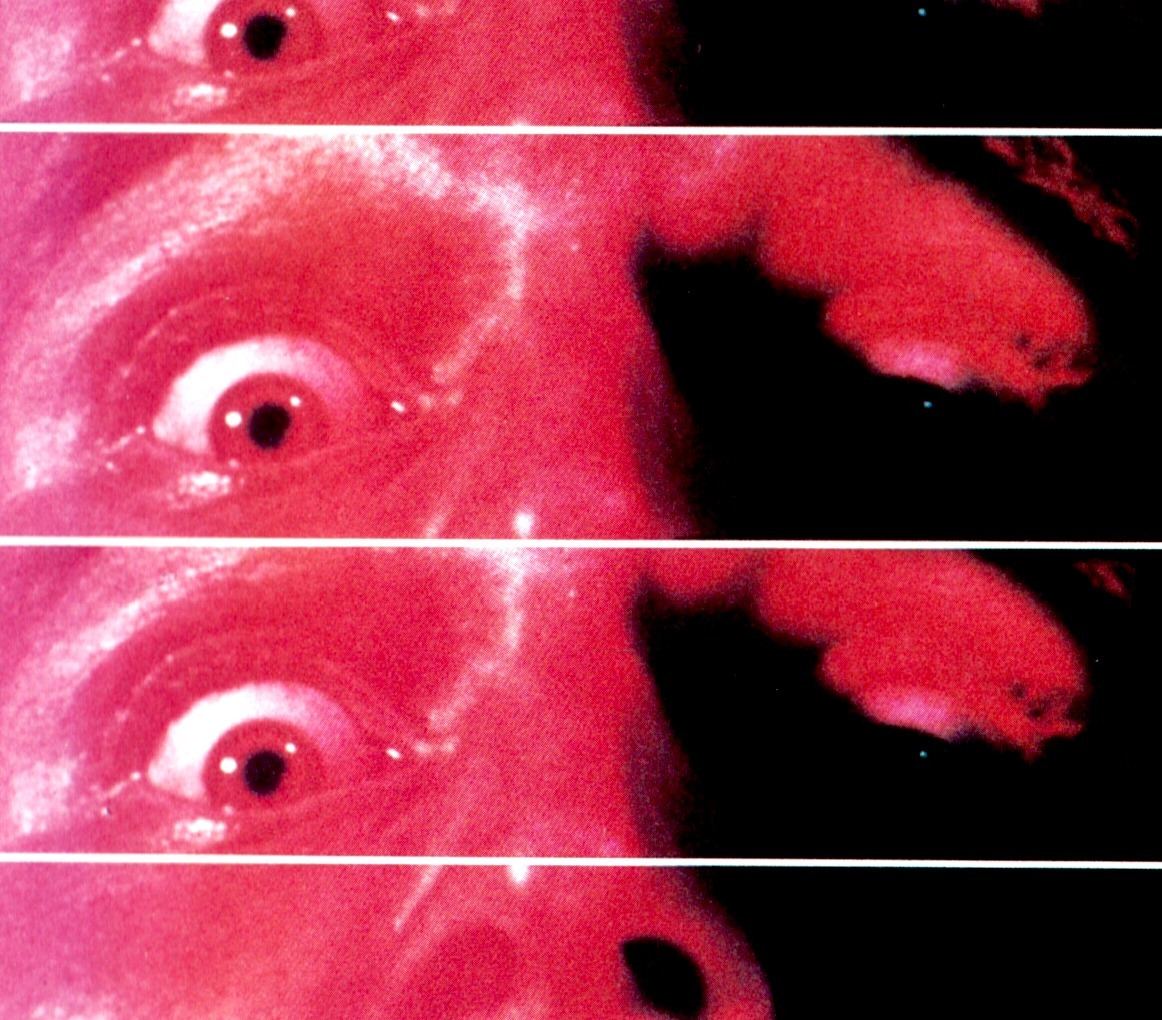
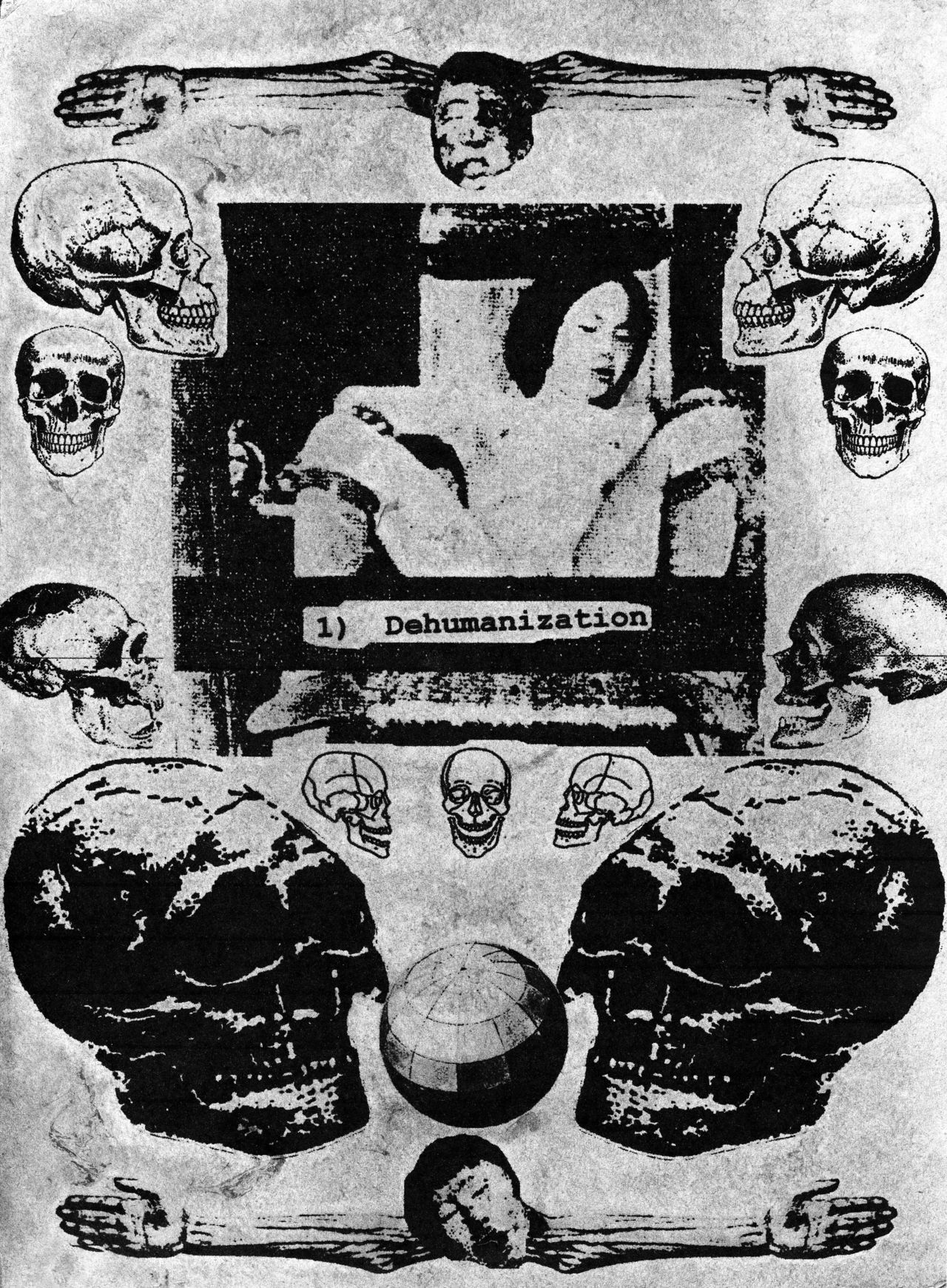



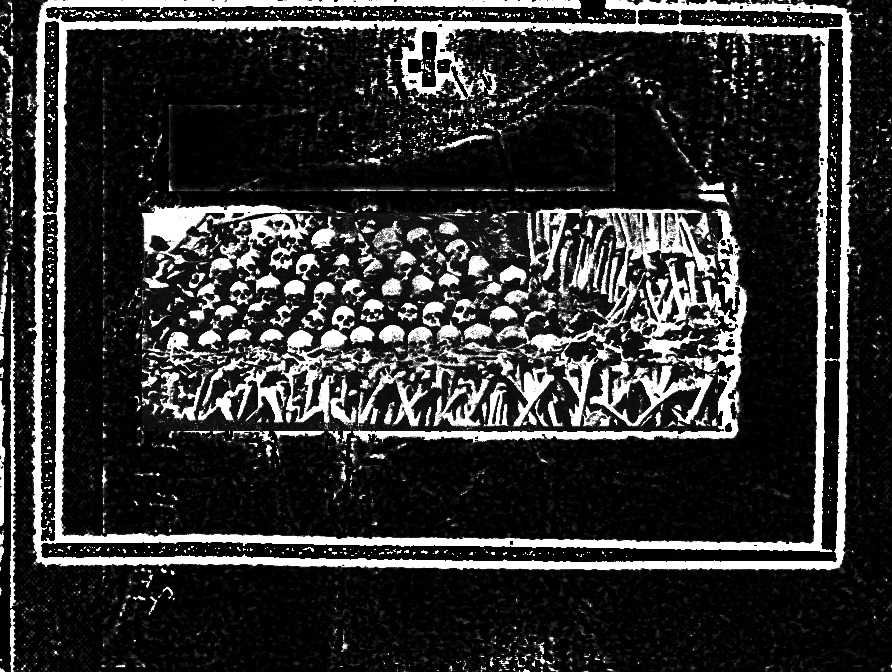
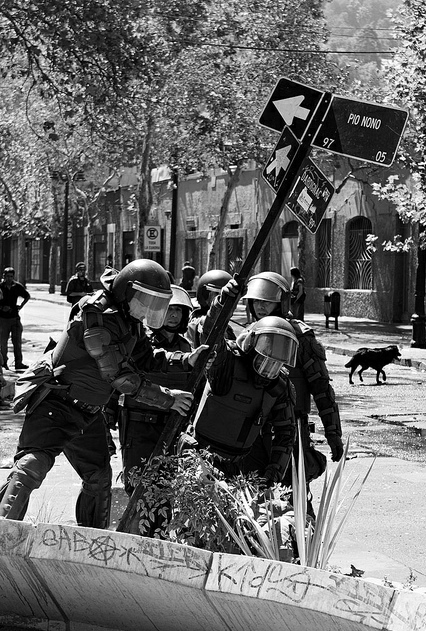
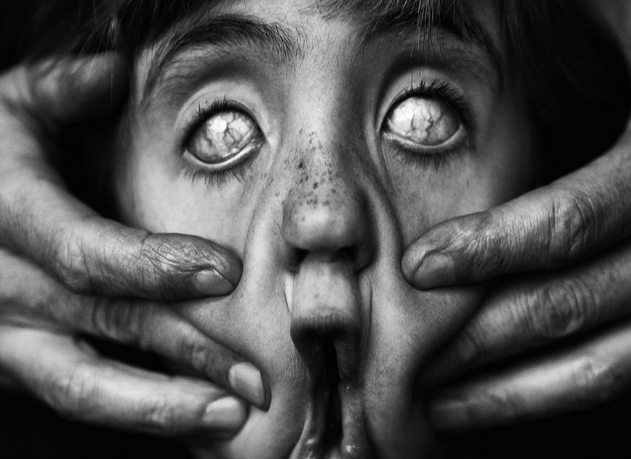


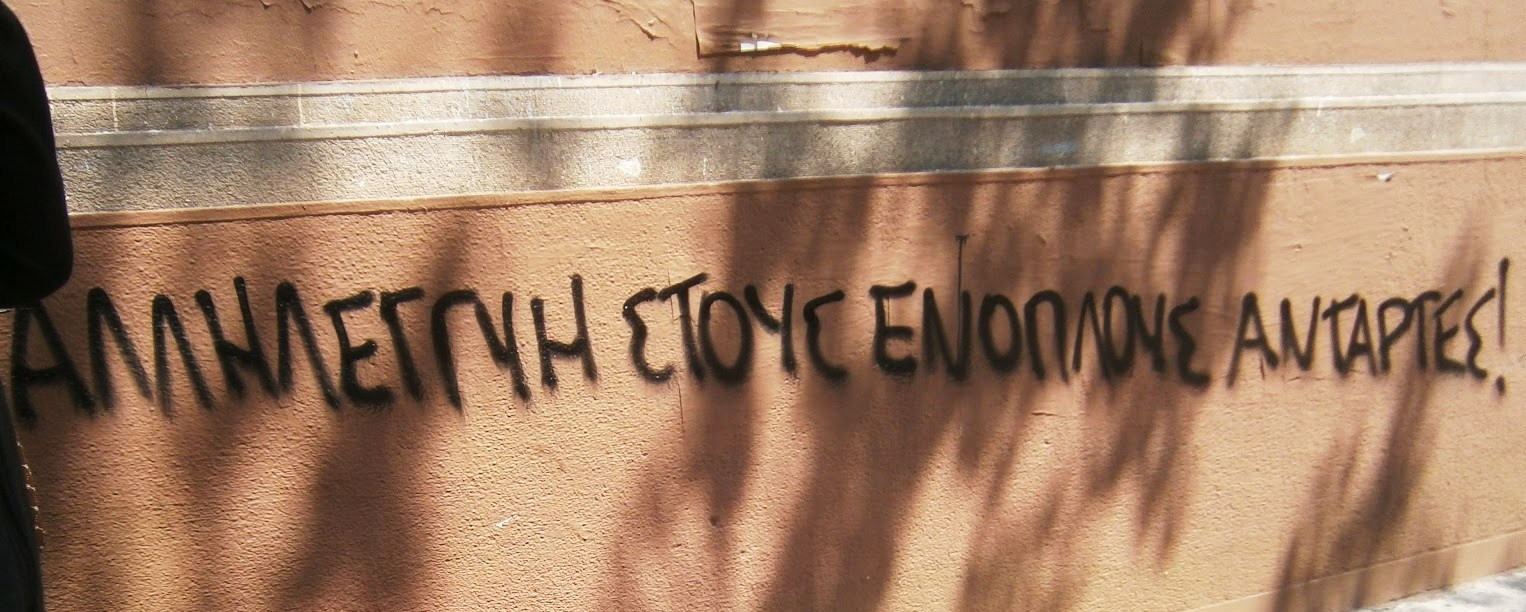

![Eurorepressione - Sulla conferenza a Den Haag sul tema "Anarchia" [corretto]](http://25.media.tumblr.com/tumblr_m0jvngOXtY1qa2163o1_1280.jpg)
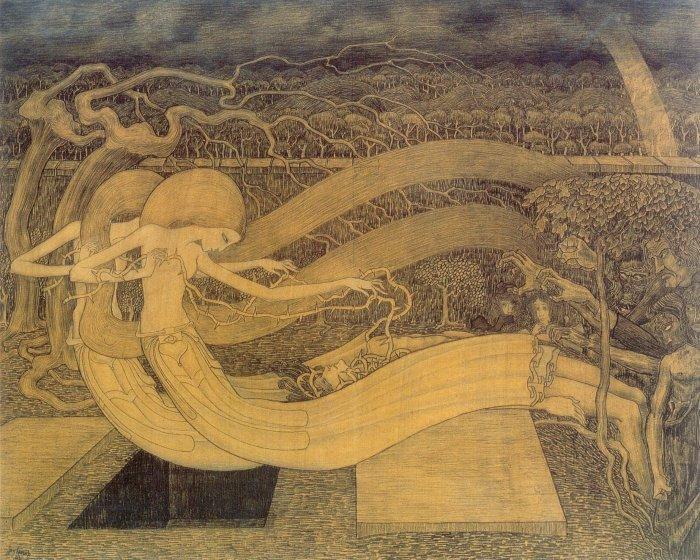
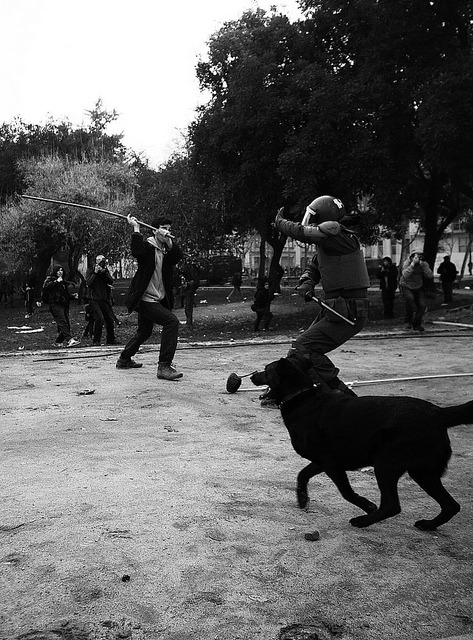
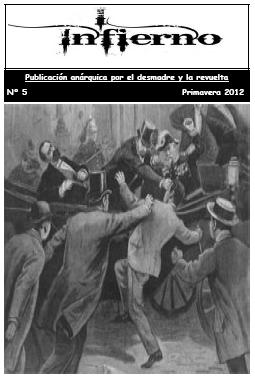
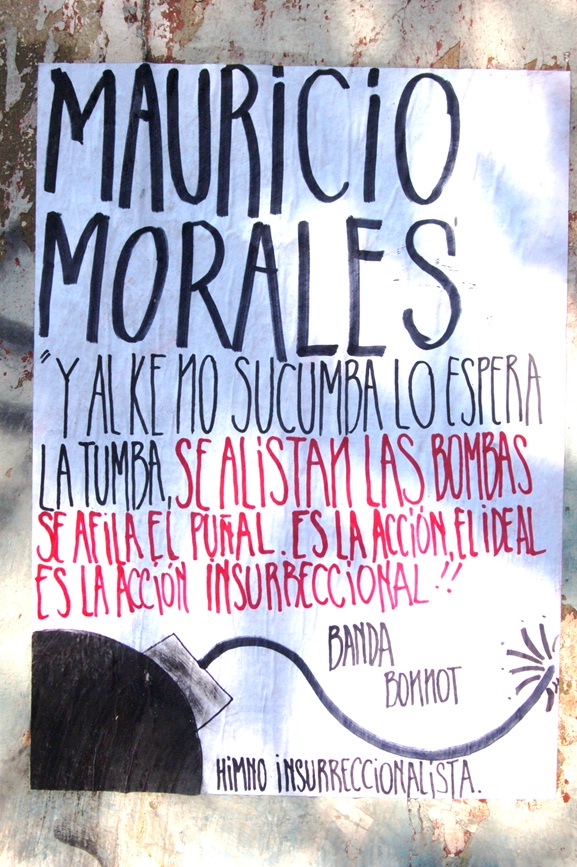
![A tres años de la Partida de Mauricio Morales: De la Memoria a la Calle [Stgo.]](http://metiendoruido.com/wp-content/uploads/2012/05/mmacividad.jpg)
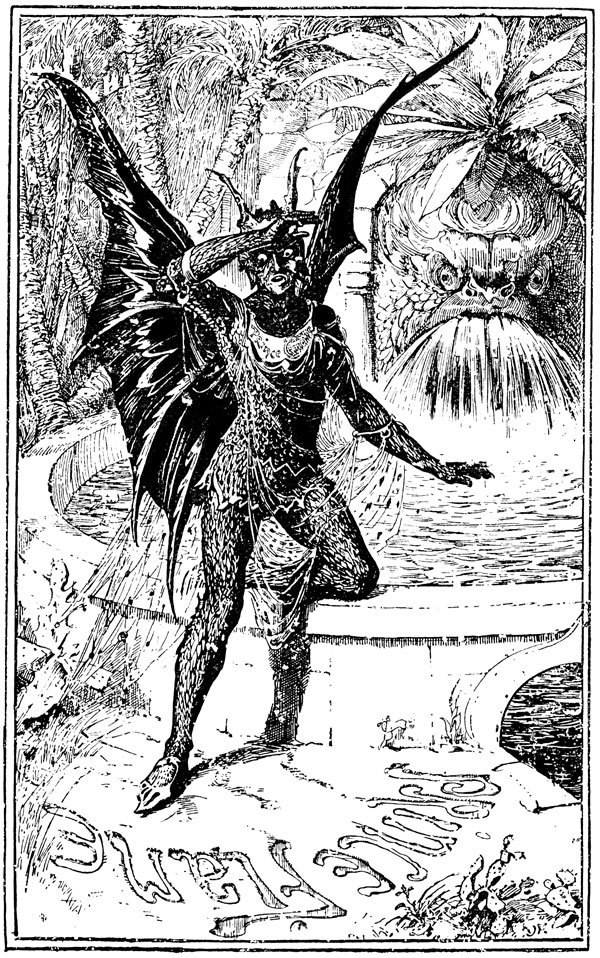
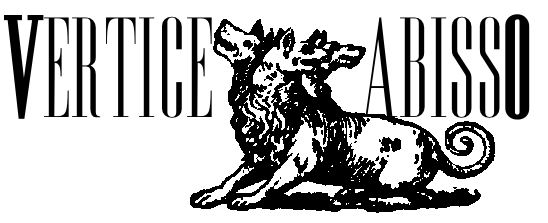



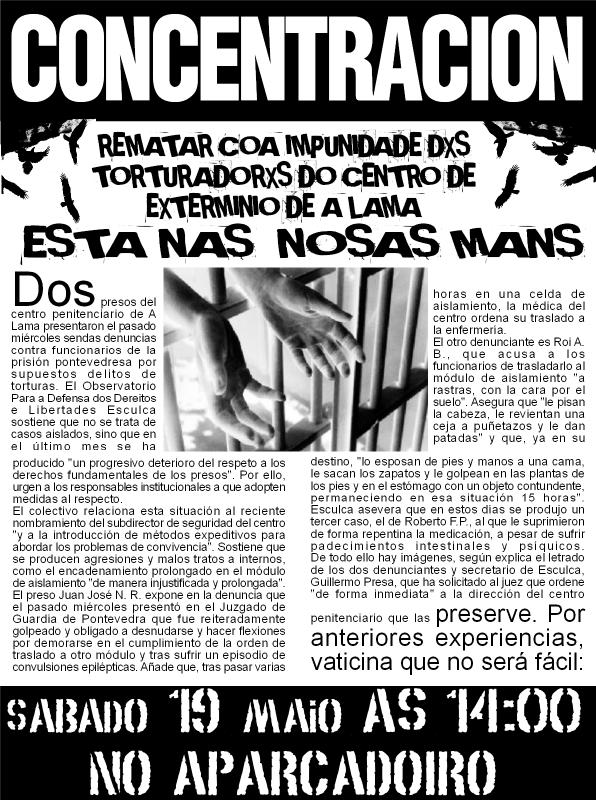

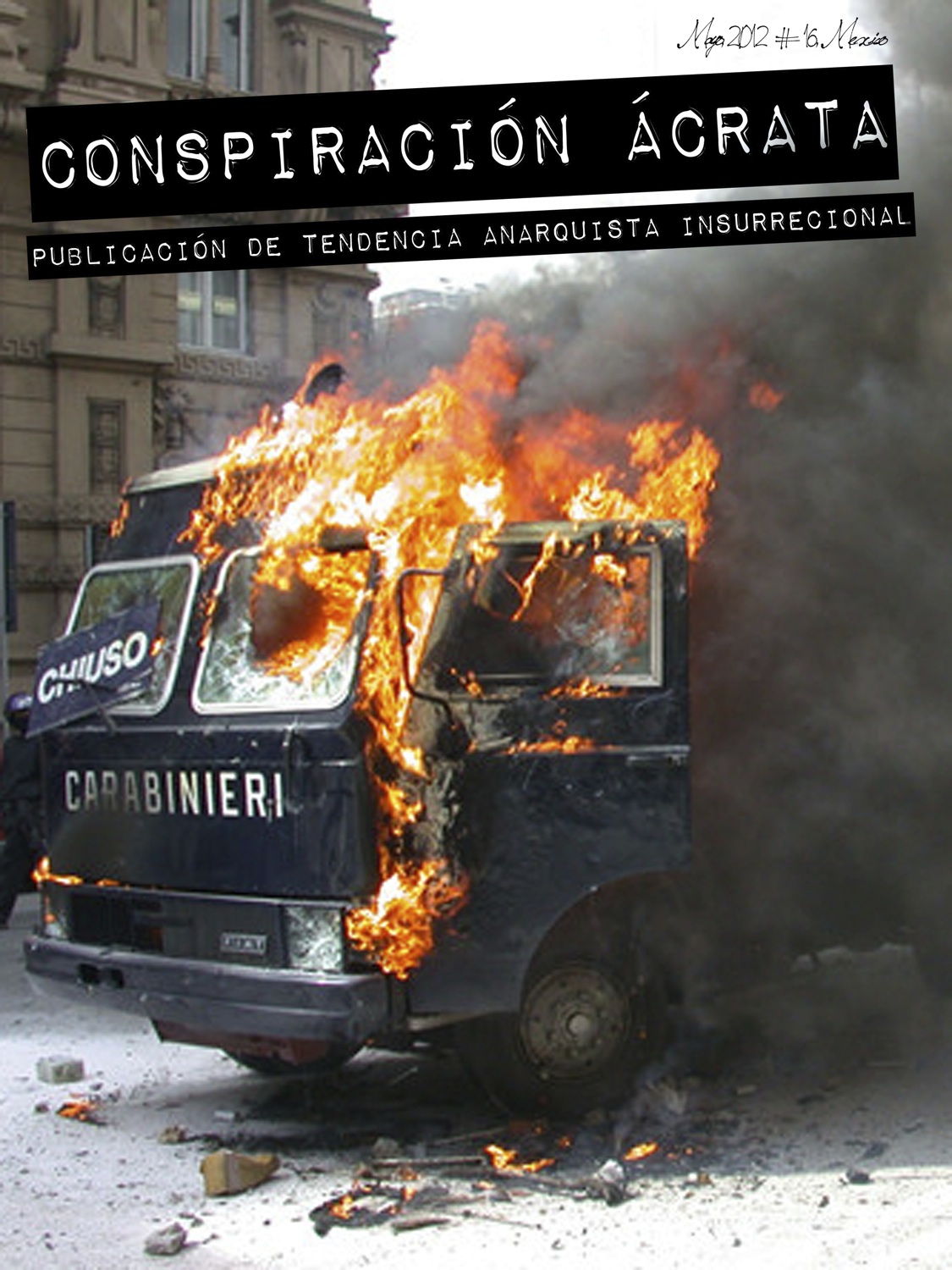

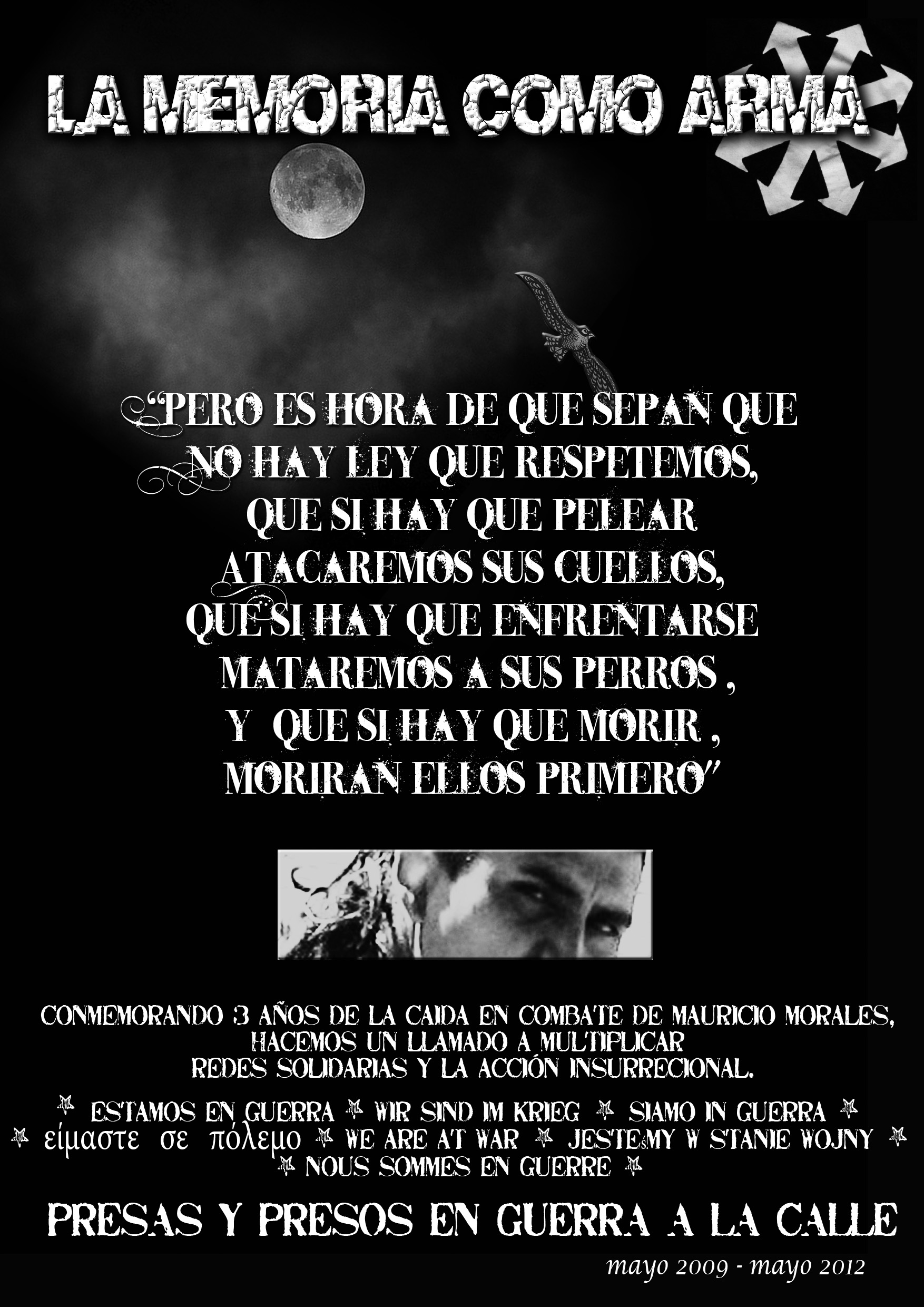
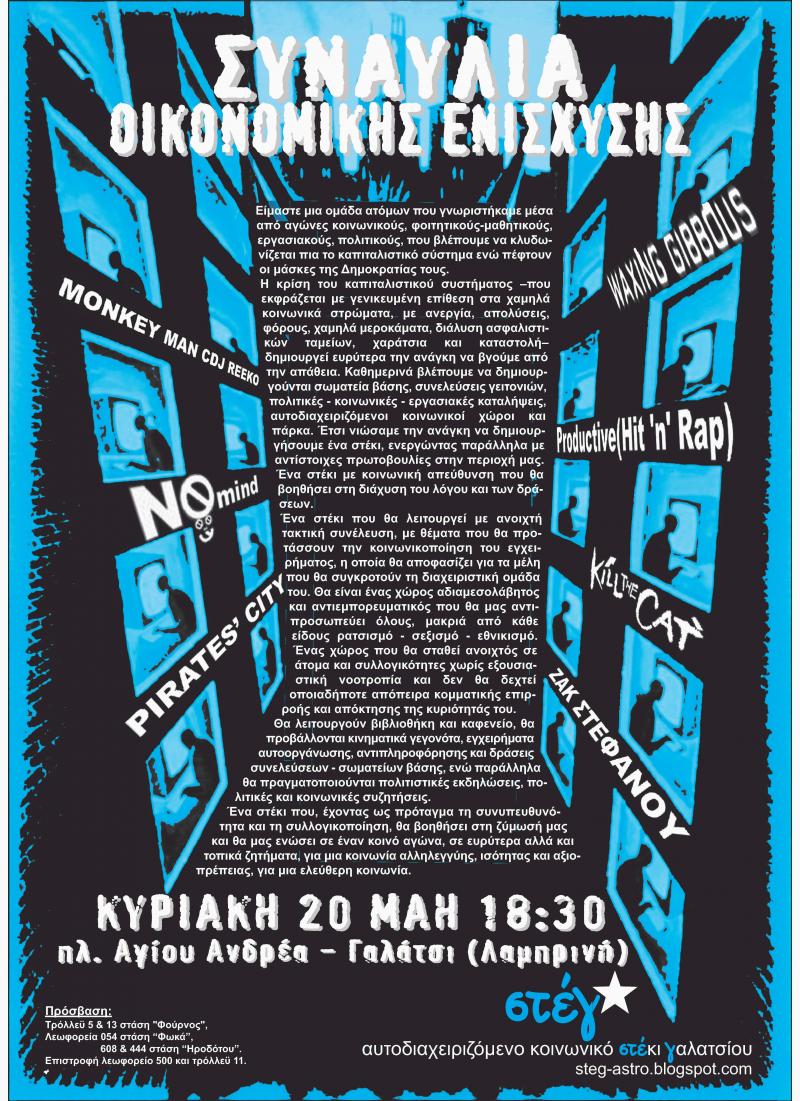



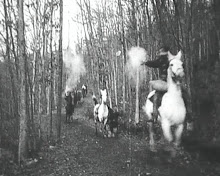
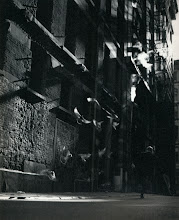



Nessun commento:
Posta un commento